Get Educated About Education: A Primer on Different Types of Schools
Parents have a lot of choices when it comes to schools for their children. Learning about the different types of schools can help you discover the right fit for your child.
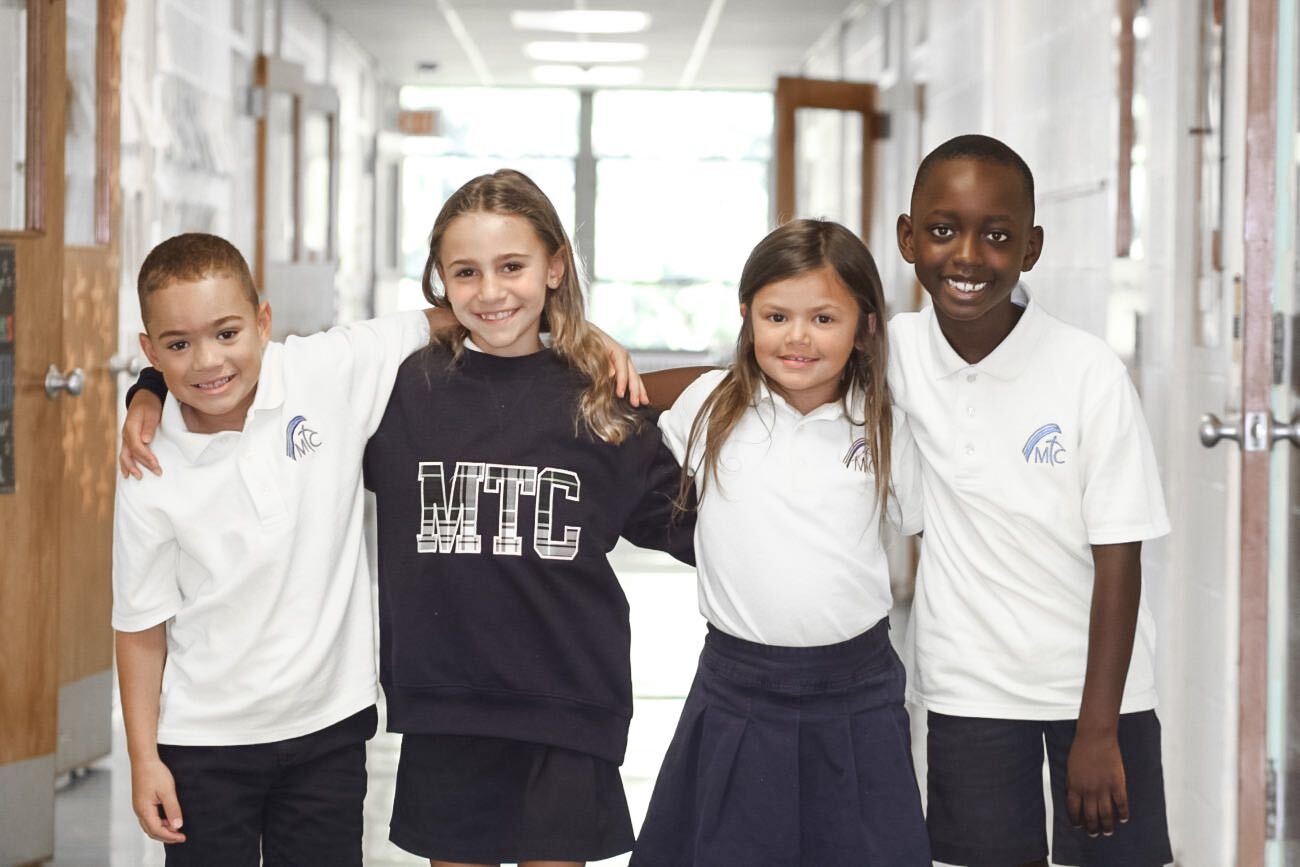
Selecting a school for your child can feel like a major research project. It’s especially daunting for parents who are looking at schools for the first time. In addition to a public school education, there are a lot of other schooling options around the Main Line that offer unique settings, learning styles, and methodologies. You may be wondering, what exactly is a Waldorf School? A Friends school? A Montessori school? And wouldn’t it be nice if there were a school for parents that taught you all about — schools?
As far as we know, this kind of parent education is self-taught, so we’ve set out to help break it down for you. As you embark on your school quest, you may encounter many of the types of schools we’ve compiled here. So go on, educate yourself about education!
Charter Schools
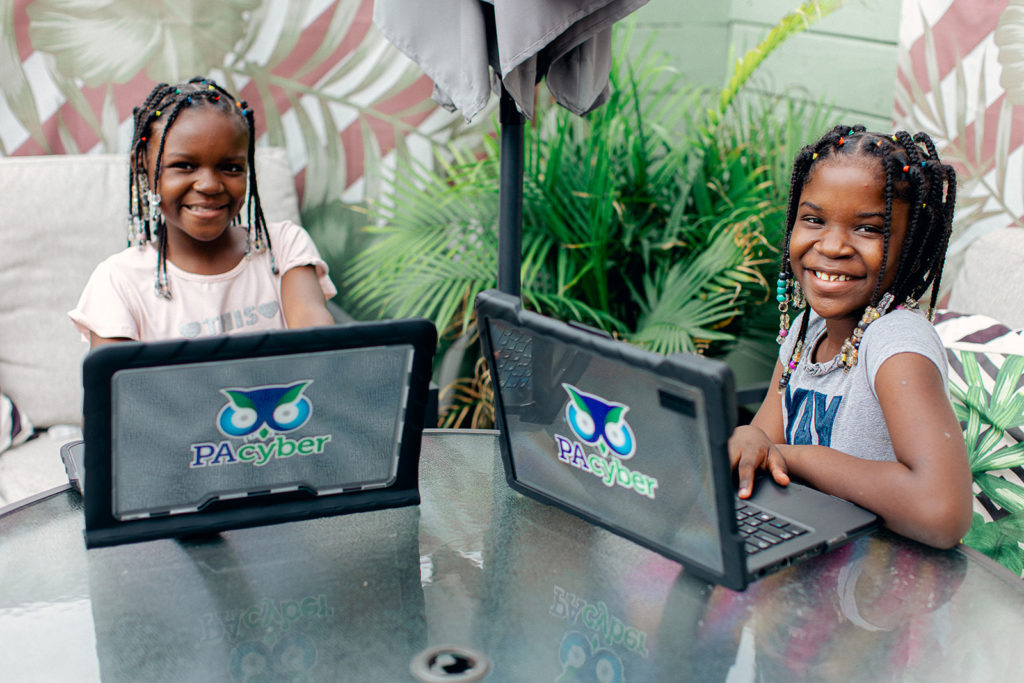
According to the PA Dept. of Education, charter schools are public schools that “operate independently from the existing school district.” Charter schools provide communities with the opportunity to create and maintain a school with a specific goal, such as the use of different and innovative teaching methods or a specific academic focus, like STEM or the arts. Charter schools are district-based, regional, or cyber, like Pennsylvania Cyber Charter School (PA Cyber). PA Cyber is a public, charter school serving all PA students in kindergarten through 12th grade, who want an online, at-home education.
Classical Schools
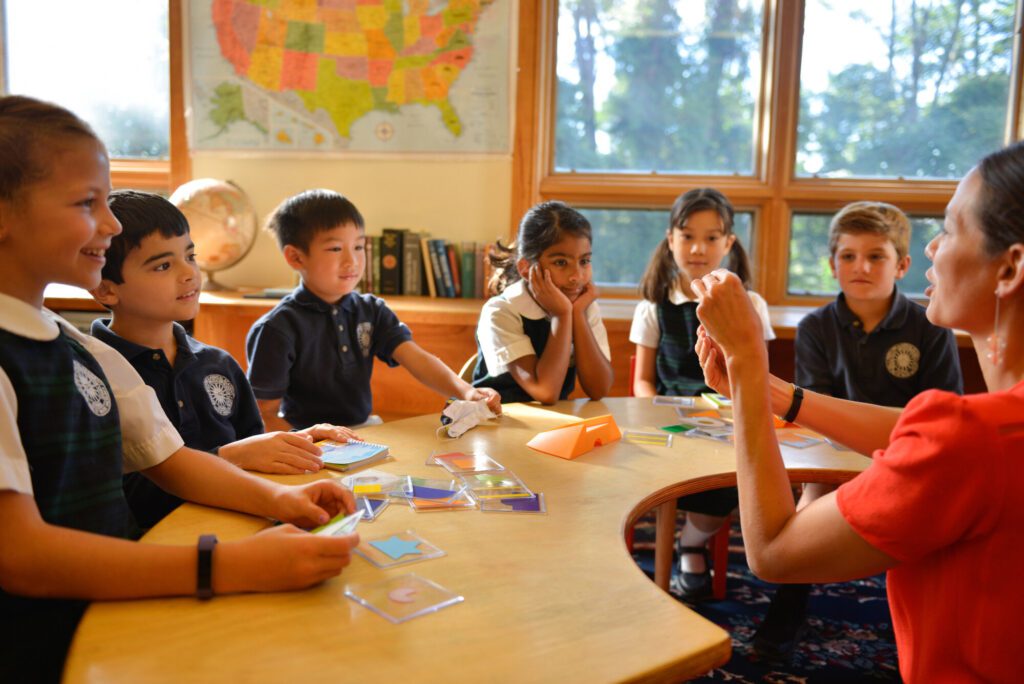
Think of a classical education as one based on the great traditions of western academia: grammar, logic, rhetoric, math, music, and sciences. The roots of the curriculum are Greco-Roman and Judeo-Christian traditions, with ideals of truth, goodness, and beauty. Exemplifying this tradition is the Main Line Classical Academy in Bryn Mawr, a multifaith, co-educational K–12th grade school. The school is “built on commitment to the classical, liberal arts curriculum and to a rigorous grounding in mathematical and scientific thought.” Their curriculum and teaching methods “guide the student along a journey both joyful and demanding.”
College Preparatory
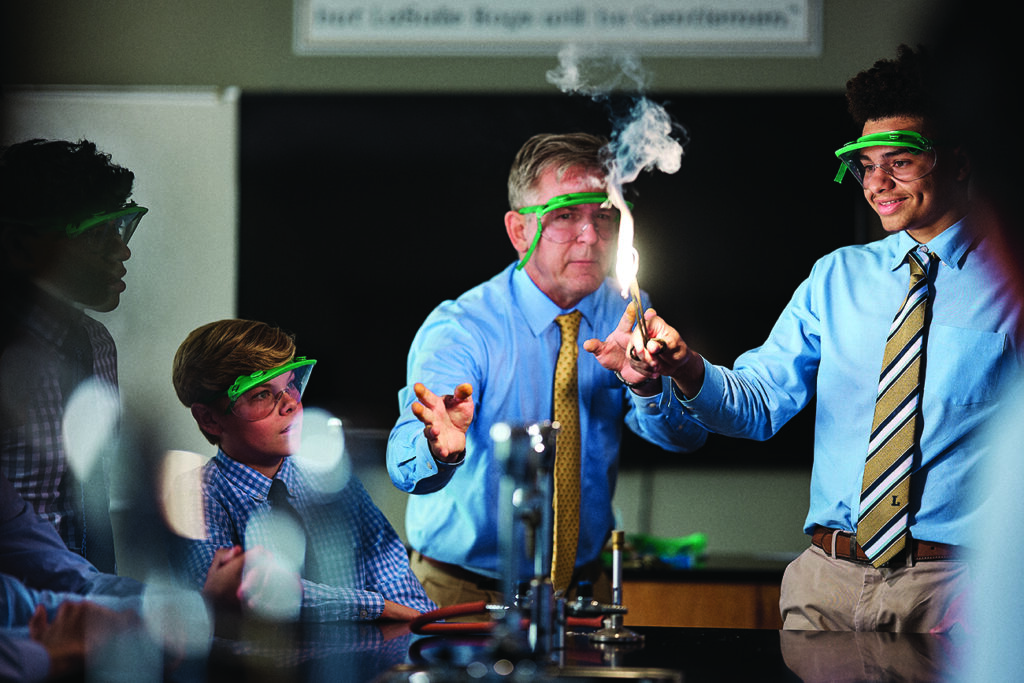
A college preparatory school can be private, public, or parochial. However all have the same mission: to successfully prepare all its students for college entry. Any academic high school can claim college prep status, so it’s important for parents to evaluate a school’s curriculum and performance. Some college prep institutions enable their students to get a head start with options for college credit classes and coursework designed for college readiness. Take for example, La Salle College High School, a Catholic, college prep school for boys in Wyndmoor. It has a unique college readiness program called Concentrations. This program provides students with “pathways to earn credentials and certifications in various career fields through coursework, electives, clubs, and experiential learning.” It addresses the demands of college admissions and prepares students for what is to come.
Faith-based Schools
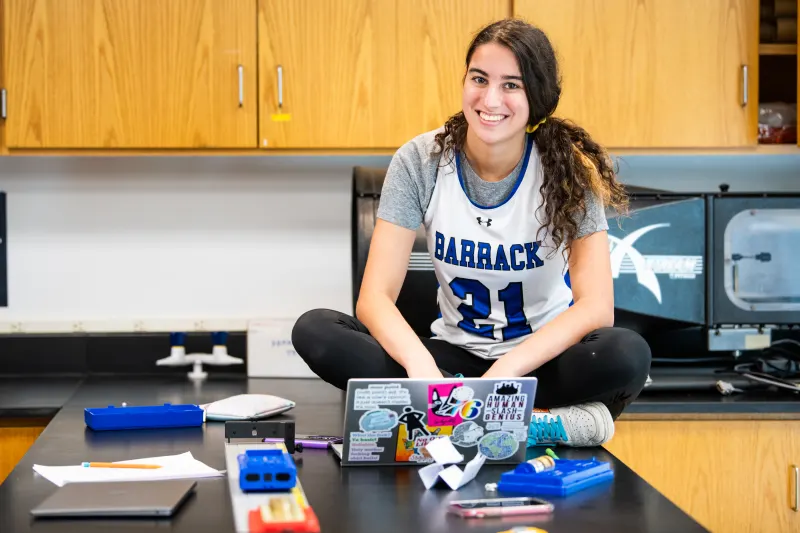
A faith-based education emphasizes academic excellence, as well as perspectives rooted in the values and teachings of a particular religion. For example, Jack M. Barrack Hebrew Academy integrates a rigorous college preparatory curriculum with the teaching of deeply-rooted, Jewish values and texts. Likewise, Mother Teresa Regional Catholic School provides an education that nurtures students’ Christian faith and creates lifelong learners who exemplify respect, dignity, and compassion. Although the curriculum may immerse students in the perspectives of a particular faith, these schools may admit students who are not of that religion.
Friends Schools
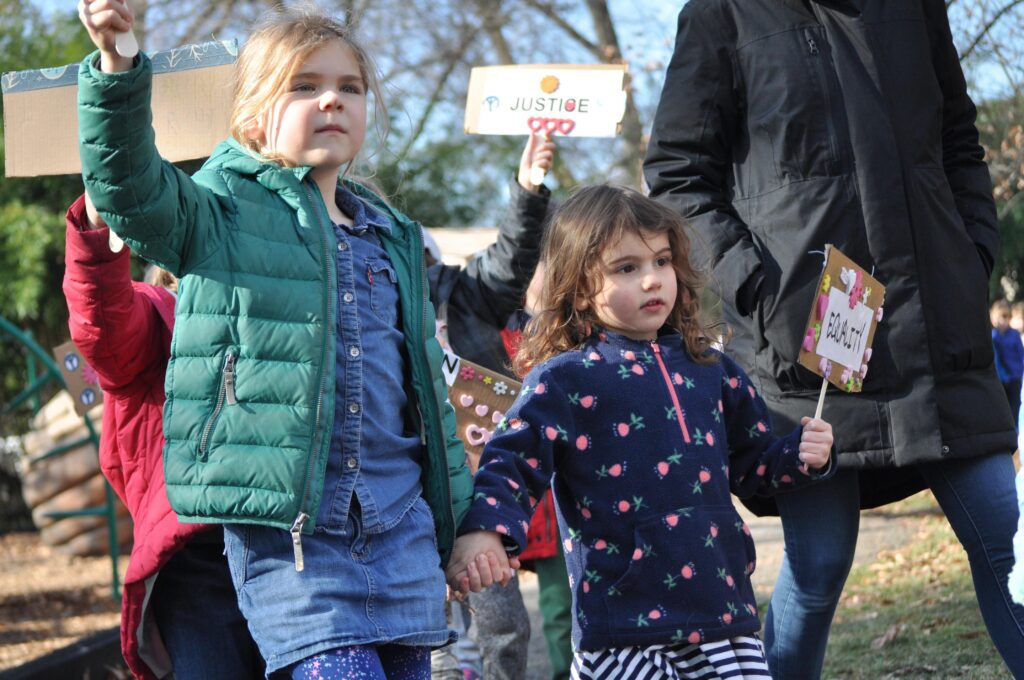
The Philadelphia area is home to many Friends schools, thanks to the Quakers who settled here in the colonial era. Friends schools are private schools based on the values of “The Religious Society of Friends,” or Quakers. These values, or guiding principles are known as SPICES, which stands for Simplicity, Peace, Integrity, Community, Equality, and Stewardship. Friends Central, a top-rated, pre-K to 12th grade school in Wynnewood, further explains Quaker principles on its blog. It says Quakers believe, “the Light of the Divine resides within every person. Bringing out the gifts in each and every person helps build a connected and vibrant community.” Echoing that principle is the Westtown School, a pre-K to 12th grade Friends school in West Chester that encourages students to “Realize Your Gifts.” Overall, Friends schools have a wonderful reputation for academic excellence, a commitment to learning through inquiry and reflection, and an emphasis on community.
Independent
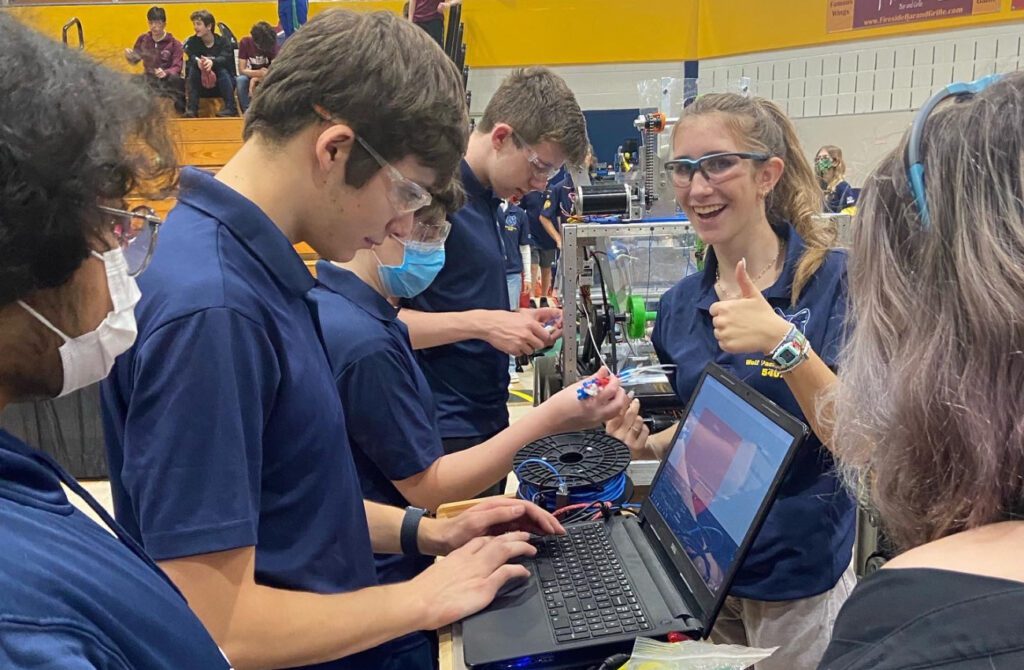
An independent school is essentially the same as a private school and institutions use the words interchangeably. Unlike a public school, which receives funding from the government, an independent school charges tuition and is typically run by an elected board of directors. AIM Academy in Conshocken is an independent, co-ed school for students with language-based learning differences in grades 1 to 12. The school was created based on the concept that students who learn differently just need to be taught differently. Being an independent school allows them to utilize an innovative, evidence-based curriculum that helps children thrive.
Montessori Schools
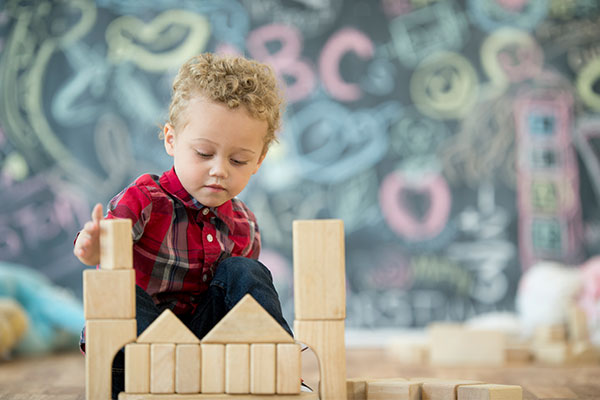
Montessori schools are based on a student-led method of teaching, developed a century ago by Dr. Maria Montessori, an Italian physician. As Wikipedia describes it, “the Montessori method of education utilizes children’s natural interests and activities, rather than formal teaching methods.” It was revolutionary for its time and still informs preschool curriculums today. The Wetherill School, a preschool and Kindergarten in Gladwyne, is rooted in the work of Maria Montessori. Children spend the morning in mixed-aged classrooms where teachers work with small groups, as well as individual children. In the long-term, the Montessori Method strives to foster rigorous, self-motivated growth for its students. The outcome of the method is that students grow up to be confident, enthusiastic, and self-directed learners and citizens.
Nature-based
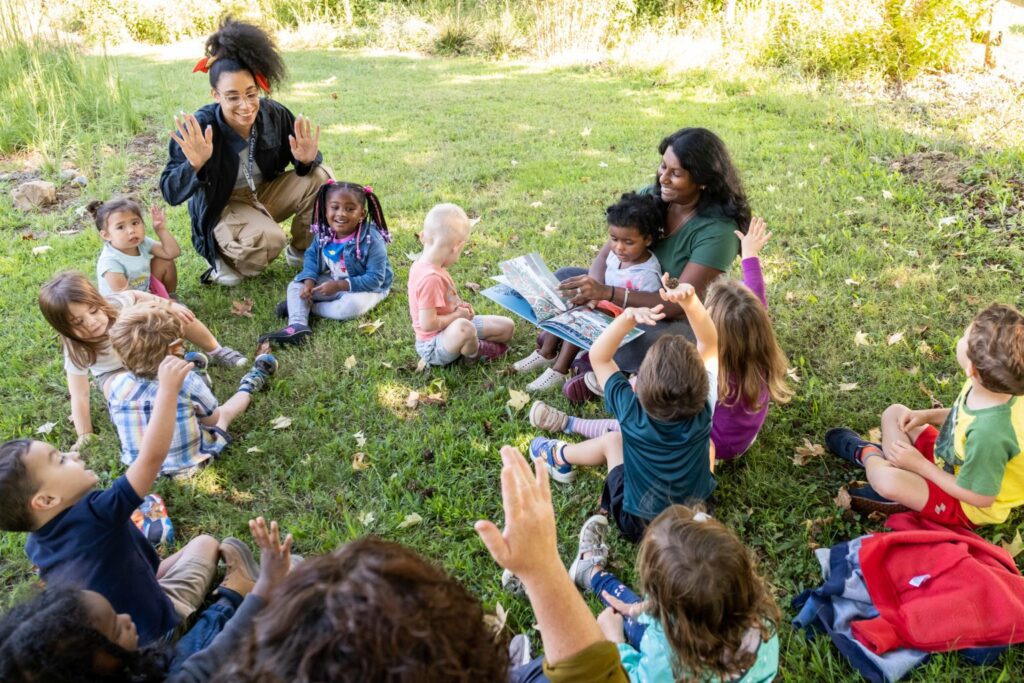
A nature-based school is one that emphasizes an outdoor program for its students. A nature-based program may be partly on mostly outdoors, where teachers take advantage of the organic opportunities for learning, child-led exploration, and unstructured play. One such program is the Nature Nursery at Friends Central in Wynnewood. Another nature-based program in the works is Smith Urban Nature Preschool, at Smith Memorial Playground.
Secular
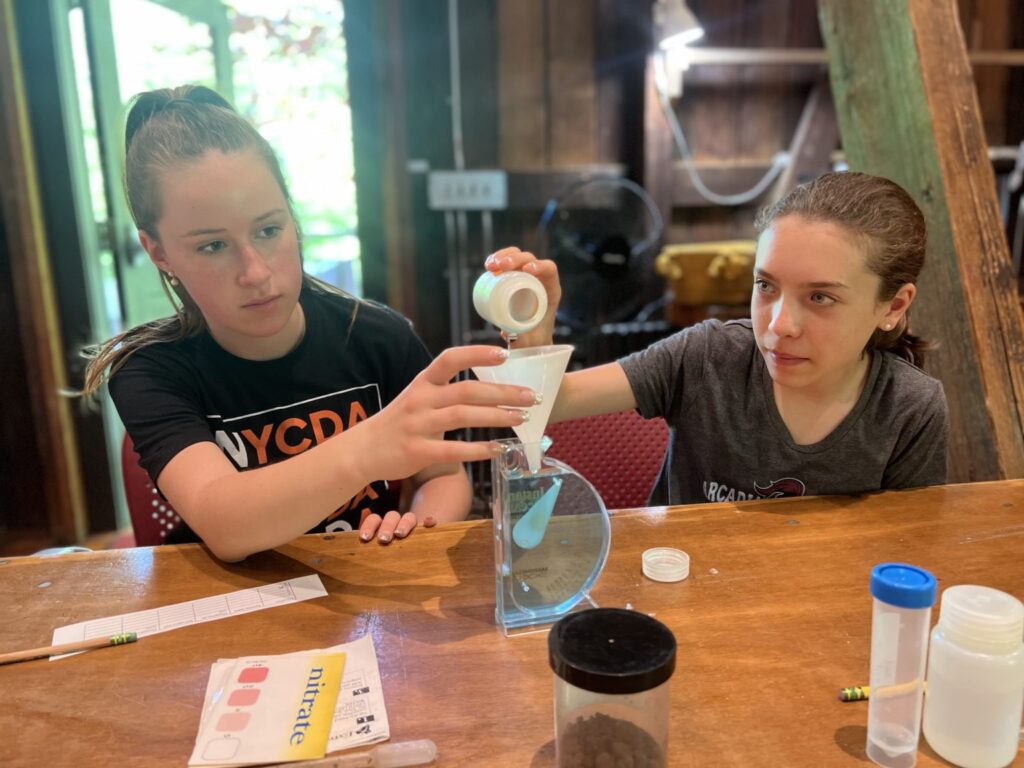
A secular school is one that maintains a separation between religion and the classroom. In effect, all public schools in the United States provide a secular education. Some private schools may describe themselves as a secular school, so that prospective families understand that religion is not part of the curriculum. Take for example, Cupola Academy, a secular, nonprofit organization, that offers a Partnership Education model for homeschooling families. In essence, Cupola Academy provides an in-person learning experience two days a week for homeschool students. While onsite at Cupola Academy’s Riverbend campus in Gladwyne, students immerse themselves in secular, academic learning with other students.
Waldorf Schools
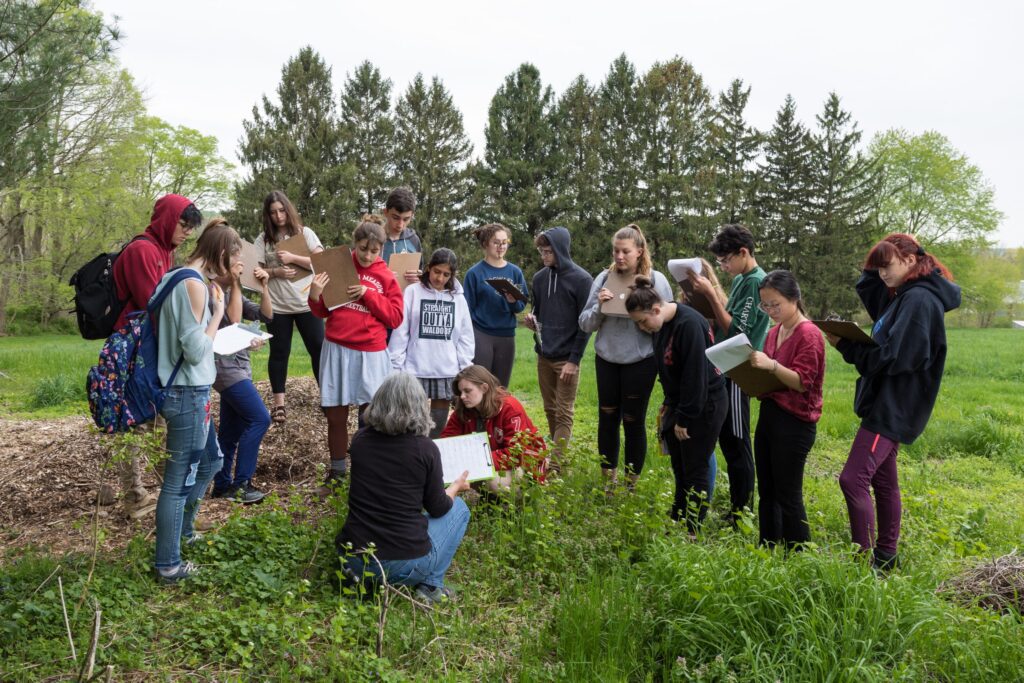
In 1919, the first Waldorf School was founded in Stuttgart, Germany by Rudolf Steiner. An architect by trade, Steiner was also a philosopher, educational reformer, and lecturer. Waldorf Education, the Association of Waldorf Schools of North America explains that Waldorf Schools align themselves with one of Steiner’s core philosophical beliefs, which is “that humanity has the wisdom to transform itself and the world, through one’s own spiritual development.” However, it’s important to note that Waldorf Schools are non-sectarian and non-denominational schools. Instead, the primary intention of a Waldorf education is to “bring forth — in every child — his or her unique potential in a way that serves the further development of humanity.”
Nowadays, there are more than 1,000 Waldorf schools in 64 countries worldwide, including The Philadelphia Waldorf School and Kimberton Waldorf School. The Waldorf School curriculum generally focuses on experiential learning that is developmentally appropriate for a child’s physical, emotional and cognitive stage. Especially in the early years of a child’s schooling, there is an emphasis on imaginative play, nature, and simple natural materials to inspire creativity. The Waldorf School of Philadelphia, a pre-K through 8th grade school says, “we provide the right learning experiences at the right time.”
For more tips to prepare your family for the upcoming school year, check out the Main Line Parent Back-to-School Guide.
Lead photograph courtesy of Mother Teresa Regional Catholic School in King of Prussia.



NO COMMENTS